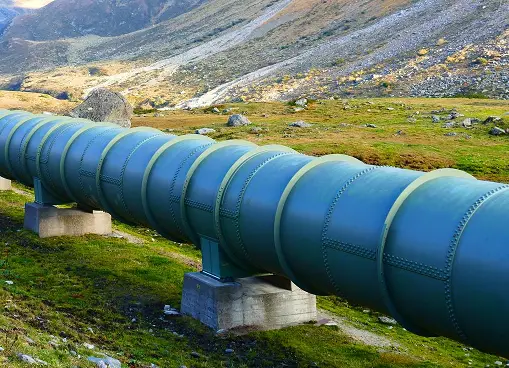On Tuesday, Reuters reported that sources have revealed insurance coverage of the damaged Nord Stream 1 natural gas pipeline has been renewed by two major German insurance companies.
With a maximum transfer capacity of 55 billion cubic meters of gas per year, the pipeline was the main delivery mechanism to transfer natural gas from Russia to Germany, prior to its sabotage last September, when explosives were used to scuttle portions of it on the seafloor. Since then it has remained out of operation.
According to Reuters, if Allianz and Munich RE have renewed the coverage of the pipeline, then it would mean the operator has not ruled out bringing the line back into service after repairs were performed. Reuter’s sources noted that critically, despite Germany’s public stance of having severed all ties with the Kremlin, the German government did not oppose the renewal of the insurance. The agency noted that with respect to the long-term future of the pipeline, that was crucial.
It was noted that Wintershall Dea AG and PEGI/E.ON, two energy companies which are shareholders in the pipeline, want to, at a minimum, preserve the damaged pipeline in the event the geopolitical situation changes, and relations with Moscow warm again.
Reuters noted in that case a valid insurance policy will facilitate the repairs to the pipeline which would be required to restore its operation. The agency went on to point out the insurance policy would cover business interruption issues such as damage to the pipeline.
As 2022 wore on, gas flows through the Nord Stream 1 pipeline first diminished and then ceased entirely. Sanctions-related maintenance issues initially caused progressive reductions in gas flows, before a series of underwater explosions ruptured undersea segments of the Nord Stream 1 and newly-built Nord Stream 2 pipelines. The incidents are presently under investigation by multiple European agencies.
The German government has said repeatedly that it intends to cease all importation of Russian natural gas, by utilizing alternative suppliers and other energy sources. However as economic conditions deteriorate, and the world possibly finds its global economy in recession, analysts believe it is not impossible the German government could discover some flexibility in its position.

